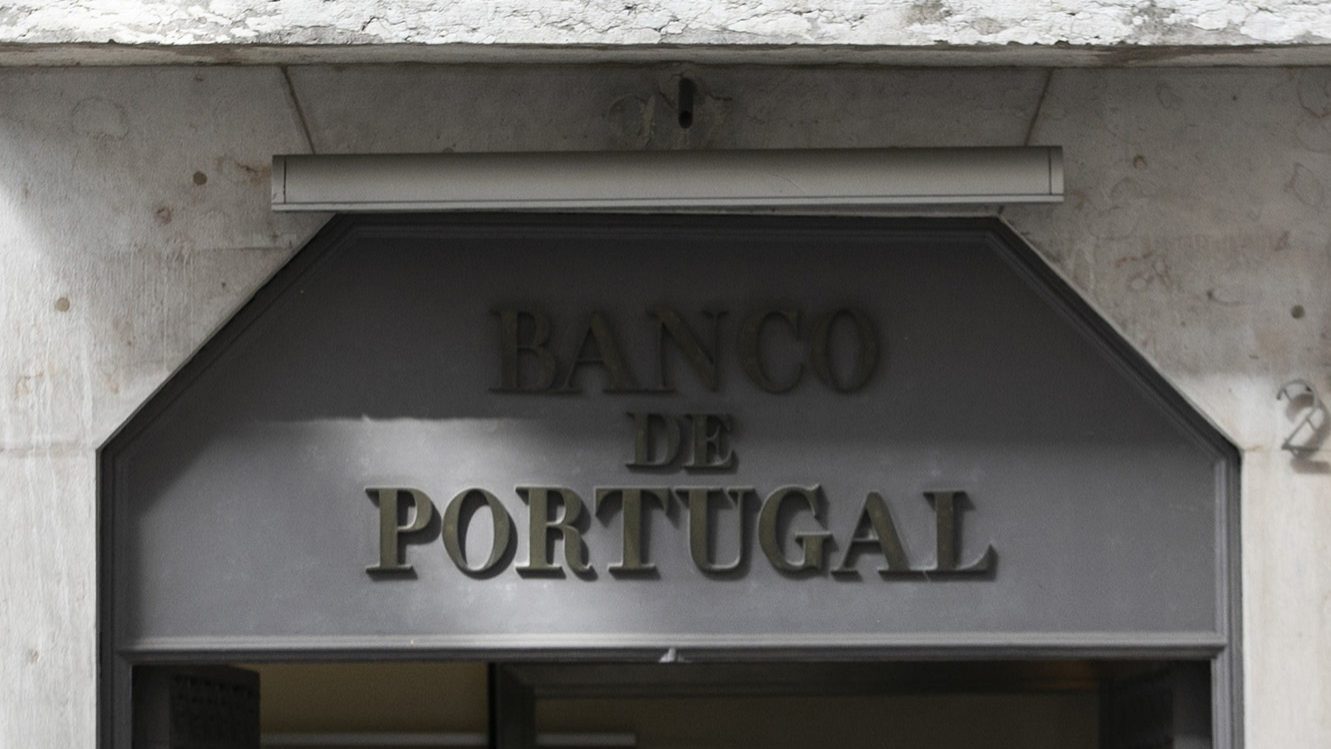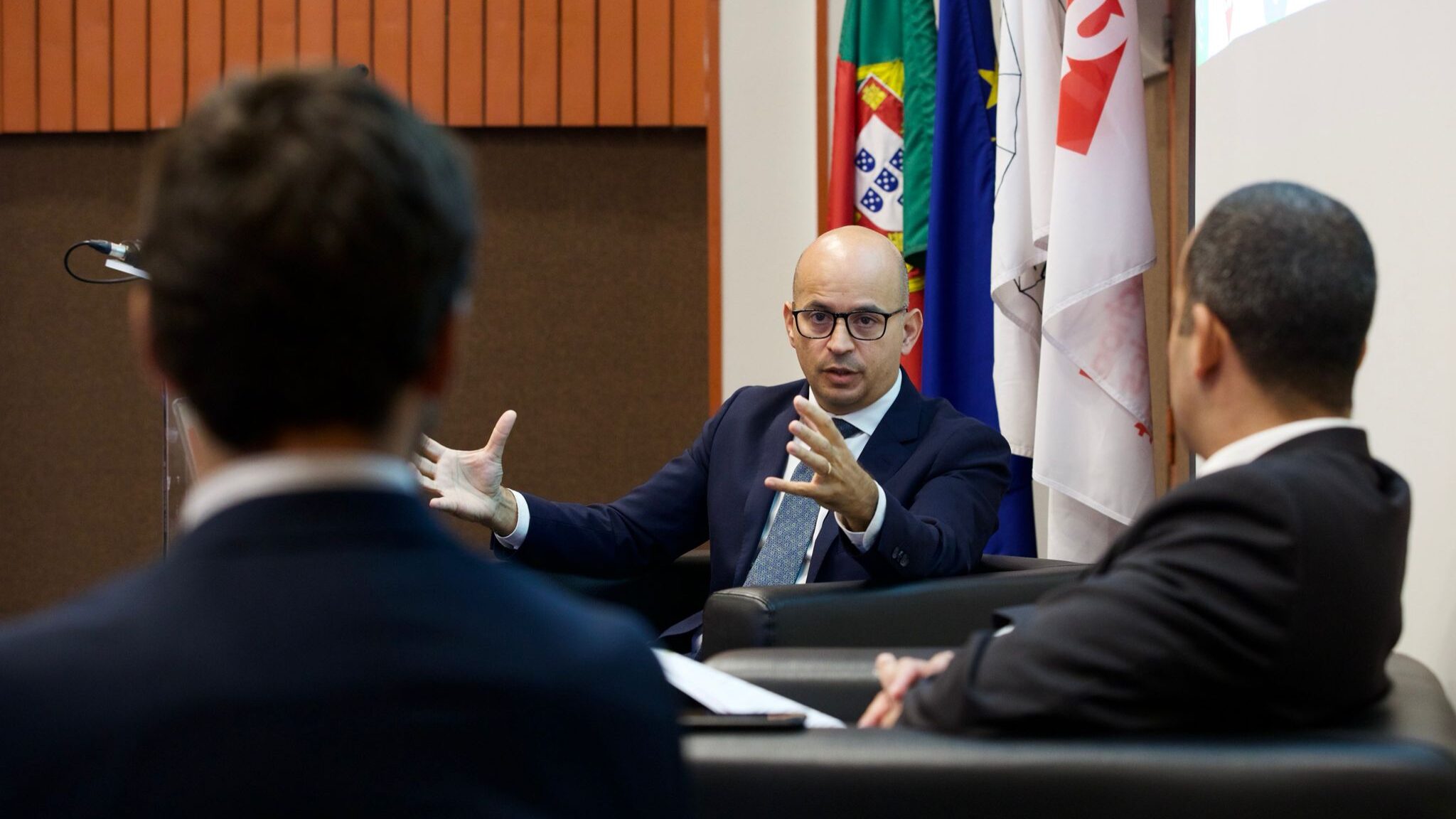Political crisis will ‘dent’ next year’s growth – Oxford Economics
Oxford Economics downgraded Portugal's growth outlook for 2022 to around 4.5% from 5.2%.
The political crisis in Portugal will delay the execution of the Recovery and Resilience Plan (RRP) and economic growth next year, according to a note from analysts at Oxford Economics. The British consultancy downgraded the 2022 growth outlook to around 4.5% from 5.2%.
“Messy politics will dent 2022 growth”. It is with this title that economist Ricardo Amaro refers to the situation that Portugal is experiencing at the moment. The analyst attributes the fall of the Budget to the result of the local elections and anticipates problems with the execution of the RRP in 2022 – which should have an impact on the country’s economy – due to the “risk” that a new government “may decide to depart from the current plan, further hampering, or even putting in jeopardy, disbursement of the recovery funds”.
The Oxford Economics forecast for the execution of the RRP in 2022 is €2.5 billion. The British consultancy also believes that a large slice of the lost output should be recouped in 2023-2024 after a new government resumes spending the EU money.
Despite calling the political crisis “messy”, the analyst acknowledges that the markets’ response so far has not been worrying. “Portugal’s 10-year bond yields have risen in recent days, but it doesn’t look like Portugal is being singled-out – the increase is similar to that affecting other countries in the eurozone periphery,” he explains.
Despite Portugal having the third-highest public debt ratio in the Eurozone, the “financing needs for the rest of 2021 and 2022 appear to be manageable”. “This will have a positive mitigating effect should [financial] markets become more nervous [about the political turmoil in Portugal],” Ricardo Amaro predicts.
If in 2022 the Portuguese economy will suffer from the political crisis, the same does not apply to 2021. Analysts even admit a higher growth outlook, from 4.2% to 4.5% because the third quarter “was stronger than expected”.


